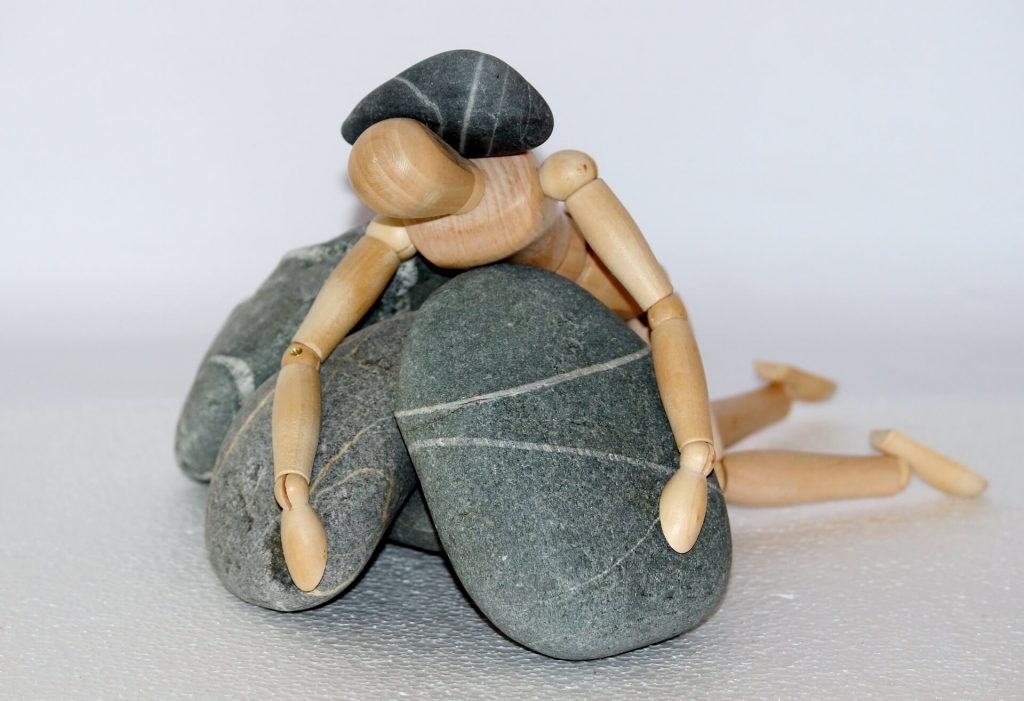Types of depression: Its effects on your mind and body

Depression can be described as a mental illness that negatively affects your ability to think, feel and respond to situations and circumstances. The condition can affect a person’s capacity to function on a day-to-day basis. It can also take a toll on you physically and emotionally. Here’s looking at the different types of depression, symptoms and cure.
Different types of depression
Psychiatrist Parul Tank breaks it down for you, sharing the types of depression, its symptoms and treatment.

Major Depression
Also termed clinical depression or major depressive disorder (MDD).
Symptoms include low moods, disruption in sleeping patterns, drastic weight gain or weight loss. He or she is also likely to experience fatigue, a sense of worthlessness and guilt, an inability to focus and recurring thoughts of death and suicide.
Bipolar Disorder
This mood disorder is characterised by periods of elevated mood known as mania and major depression or lows.
Symptoms include lack of sleep, bouts of fatigue and loss of energy, low self-esteem, a feeling of hopelessness and irritability, anxiety and indecision and aches and pains, which cannot be explained.
Persistent Depressive Disorder (PDD)
Also termed as chronic depression or dysthymia. It’s a milder form of depression that’s common in a lot of people.
Symptoms include anger and irritability, a feeling of sadness and hopelessness, a lack of interest in activities that gave you pleasure before, low self-esteem, feelings of guilt, lack of sleep or oversleeping, eating too much or too little, fatigue and inability to concentrate.
Postpartum Depression
Symptoms include struggling to bond with the child, feeling sad, anxiety and panic attacks, thoughts of hurting oneself or the child, suicidal thoughts, withdrawal from social interactions, drastic appetite changes, severe mood swings.
Seasonal Depression (SAD)
Also termed as Seasonal Affective Disorder. It’s a form of clinical depression, which affects people at certain times of the year.
Symptoms include a loss of energy, and appetite, irritability, difficulty in concentrating on things and a tendency to oversleep.
Psychotic Depression
It’s a major depressive mental illness that also includes some form of psychosis. Hallucinations and delusions are common.
Symptoms include fatigue, a loss of appetite, irritability, difficulty in concentrating on things and a tendency to oversleep or not sleep at all, feeling of hopelessness, making general threats or talking about harming themselves.
Premenstrual Dysphoric Disorder (PMDD)
The onset of menstruation can cause severe mood shifts that can affect your day-to-day functioning.
Symptoms include depressive moods, anxiety and irritability. It starts a week or two before menstruation. It usually goes away two to three days after the period starts.
Treatment-Resistant Depression
It’s also called refractory depression. In some cases prescribed antidepressants and psychotherapy fail to address the recurring depressive symptoms. As the standard treatments fail to work their symptoms keep coming back.
Symptoms include disruption in regular sleep patterns and appetite issues, and low moods.
The Diagnostic and Statistical Manual of Mental Disorders (DSM–5) details a criterion to make a diagnosis for this mental illness. An individual must experience five or more of these symptoms during the same two-week period to make a diagnosis for this condition.
A mental health expert evaluates a patient’s case history to decide on the right treatment, which could include medication, psychotherapy and Electroconvulsive Therapy (ECT).

You May Also Like

OCD: The impact of COVID-19 on this mental illness
26 June 2020
Kleptomania: Understanding this urge to steal
25 August 2020